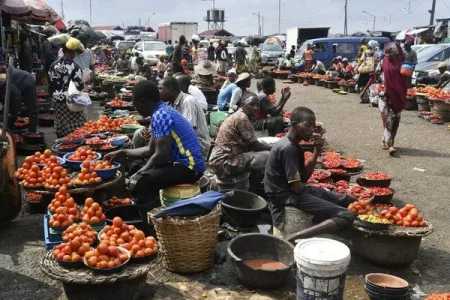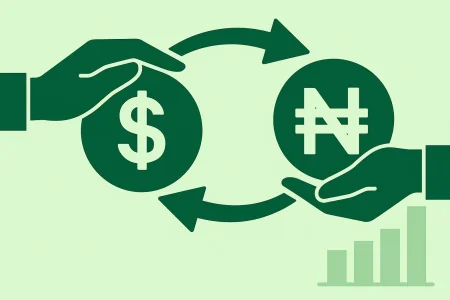
Nigeria's inflation rate increased to 24.23% in March 2025, up from 23.18% in February. The rise was primarily driven by higher food and transport costs. Food inflation reached 21.79%, with significant price hikes in staples like garri, yam, and pepper.
Nigeria's inflation rate rose to 24.23% in March 2025, up from 23.18% in February, according to the National Bureau of Statistics (NBS). The increase is primarily attributed to higher prices in food and transport sectors. Food inflation reached 21.79%, with significant price hikes in staples such as garri, yam, and pepper. Transport costs also saw a notable rise, contributing to the overall inflationary pressures.
The NBS report indicates that on a month-on-month basis, the headline inflation rate in March was 3.90%, up from 2.04% in February. This suggests a faster pace of price increases across various sectors. The report highlights that the rise in food prices is particularly concerning, as it affects the cost of living for many Nigerians.
Economists warn that if inflation continues to climb, it could erode purchasing power and exacerbate economic challenges for households. The government is under pressure to implement measures to stabilize prices and alleviate the financial burden on citizens. As the situation develops, stakeholders are closely monitoring policy responses and their potential impact on the nation's economy.




![[VIDEO] Nigeria-France Tax Pact Raises Alarm Over Economic Sovereignty, Data Security](/data/attachments/225/225994-433fd4353d39d53ea38688e6df225ee8.jpg?hash=9cyHdrZTdo)